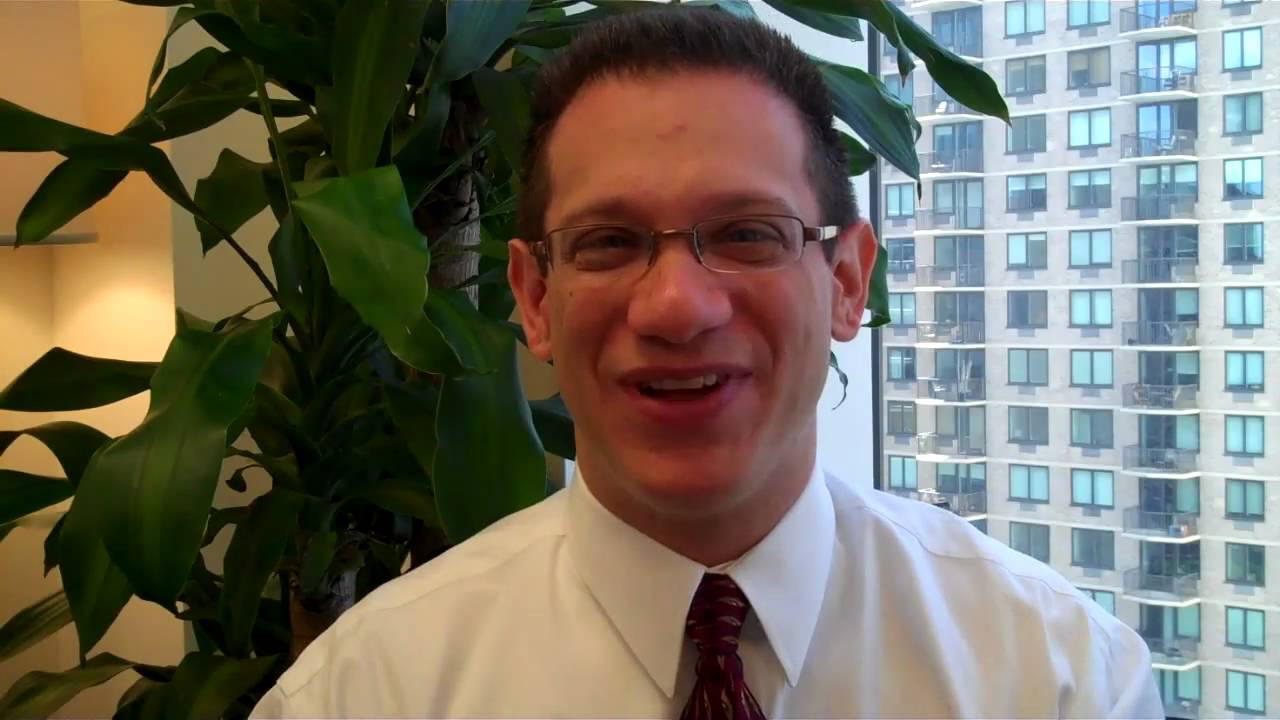Media trainingassists you in avoiding gaffes and representing your organization in an engaging, professional manner. Without it, you risk freezing in front of the camera, fumbling over your words, or unwittingly saying something that harms your brand.
This training ideas guide will provide you with an in-depth look at how media training may help you survive an interview. But first, consider why media training is important.

Media Training Tip: When You Don't Know The Answer
8 Effective Media Training Tips
It's required for many public relations professions, whether you're appearing on TV, radio, a popular podcast, or addressing questions from a print journalist.
Being media-educated is just as important as learning how to create a press release and should be included in your public relations strategy.
Being prepared for an interview means communicating your essential points clearly, avoiding getting drawn into hard questions and saying something you'll later regret, using the appropriate tone for the interview, using the appropriate facial expressions, and even wearing the appropriate attire!
Remember that a successful media interview is as much about what you say as it is about how you say it.
If you're ready to do it well, here is the media training manual for you.
Let's get started.
Should I Conduct A Media Interview?
As essential as media training is, not all media experiences are worthwhile or the best way to spend your time. Before you get in front of the camera on behalf of your company, consider whether this is the best course of action.
If the interview is being conducted to defend a bad report – one that hurts your company – you may be better off providing written comments.
If your company has had a reputational problem, the media may have already concluded that you or your company is the villain of the story.
Putting a representative up for an interview when there is nothing to gain from it might risk exacerbating a negative situation by having you say something you later regret, adding fuel to the fire.
If you want to avoid an attention-grabbing headline, a written statement may be the best course of action in some crisis communication instances.
Research Your Interviewer
Okay, so let's pretend this is a good opportunity for you and your company. First, learn a little bit about who is interviewing you.
Examine the journalist's prior interviews online to get an idea of the kinds of questions they prefer to ask. It's as easy as Googling the journalist's name and searching for relevant stories. What do you believe they will ask you?
You'll have a fair notion of the sorts of questions they'll ask if you know how tocraft a media pitch.
You might request that the journalist email you a list of their questions ahead of time. Some may, but the majority (particularly the larger media sources) will not.
Prepare Responses To The Most Likely Inquiries
You know why the journalist wants to interview you, so compile a list of all the possible questions they'll ask so you can prepare some responses — ones that suit your purpose, not theirs.
Understanding the interviewer's audience and how to effectively entice them to your tale is an important component of studying the interviewer. Media training, like any other sort of training, takes effort in order to be effective. Work hard and you will be rewarded.
You're not drafting a screenplay here – no one wants to hear robotic responses – but you're thinking ahead of time about the important things you'd like to discuss.
Understand Your Key Messages And Facts
Fundamentally, a media interview is a chance for you to sell your product or service. This is free publicity.
The journalist's goal is to tell a noteworthy story; your goal is to leverage this exposure to quietly explain the benefits of your company to your target audience.
Make a list of three essential points you wish to convey in your responses.
These essential messages might include:
Where people may find your product/service – i.e. your website URLThe cost of your goods or service.The day on which your new product/service will be available for purchase.The comparative advantage of your goods or service over a competitor's.
There are many more, but understanding the primary ideas you want to convey will allow you to sneakily include them into one of your responses.
The ability to be subtle during a media interview is essential.
If you start bragging about how great your company is, the journalist will either not use the interview or will cut it out. You must sneak such vital messages into the main plot.
And, most importantly, KNOW YOUR FACTS.
If there are statistical answers to some of the journalist's queries, memorize them. Facts can assist to answer difficult problems.
A public relations opportunity might be turned into a reputational nightmare if you don't know your facts.
Preparing To Be On Camera
One of the most difficult aspects of media training, individuals tell me, is feeling natural when answering questions on camera.
The solution is straightforward. Practice.
Set up a smartphone and invite a coworker to ask you the questions you've prepared, then press record.
There's nothing like reviewing the tape to see what worked and what didn't.
You could discover that you smiled too much, didn't smile enough, swung your arms around wildly, looked like a rabbit in headlights, and kept looking away from the interviewer (I'm so bored).
This is a VERY valuable exercise because you will quickly discover what your natural inclinations are, and you will be able to perfect your performance - for that is what it is, a performance.
The Essentials Of Doing An On-Camera Media Interview
Now that you know your skills and shortcomings when it comes to being on camera, here are some must-dos:
When providing your responses, stare directly at the interviewer, not into the camera lens - it looks really intimidating!
Smile – as long as it's an encouraging narrative – most people are too dismal, which detracts from the message you're trying to express.
Keep your responses brief and to the point. Don't waffle, but also don't deliver monosyllabic responses.
Listen to the question completely before responding. If you don't like the way the question has been phrased, respond with something like:
“That’s an interesting point however I think the real issue here is ______”“The more interesting question is ______.’“What really matters is ______.”“The most important issue is ______.”
Try not to speak over the interviewer. That appears to be confrontational and defensive. Listen to their question, pause, and then respond thoughtfully.
Remember that they will have a time limit for this interview, so if you don't like the direction of the questions, you can pad your responses till the session is over.
Relax. It's easier said than done, but the preparation step will help you be real so you can maximize this chance. Preparation is the key to a successful public relations strategy.
Definite Don’ts Of A Media Interview
Do not say 'no comment,' as this appears defensive and amounts to an admission of guilt.
If you seek to approve the interview before it is broadcast/published, the journalist would reply 'no,' making you appear inexperienced.
If you don't like the questions, don't leave halfway through — your hissy fit will become the tale!
How To Dress For A Media Interview
You can't assume that just because you're conducting a paper interview that you won't be on camera, or at least photographed, in 2019.
You might not be on the main BBC news, but you'll almost certainly be on the journalist's Twitter feed or YouTube channel.
That means you should consider what you're wearing — the clothes that best represent you and your brand's beliefs.
This is particularly problematic if you are the spokesman for a serious firm, such as a healthcare provider.
If you're going to be on television discussing a major health situation, you probably don't want to be wearing jeans and a t-shirt. If you're the newest techcompany, anything is possible!
Consider your attire and ask yourself, "Is this acceptable for this interview, and will I be proud when I see this media coverage?"
What Happens In Media Training?
Media training is a kind of communication training that prepares people to communicate with the media. The purpose of media training is to support and prepare you for your job as a spokesperson for your company or group. You'll discover how to anticipate inquiries, avoid typical pitfalls, and concentrate on delivering your main ideas.
What Is Bridging In Media Training?
Bridging simply refers to returning to the talking topics you brought to an interview. Here's how it works: During an interview, look for questions that address a contentious subject, stray off on an unhelpful tangent, or focus on a minor point.
